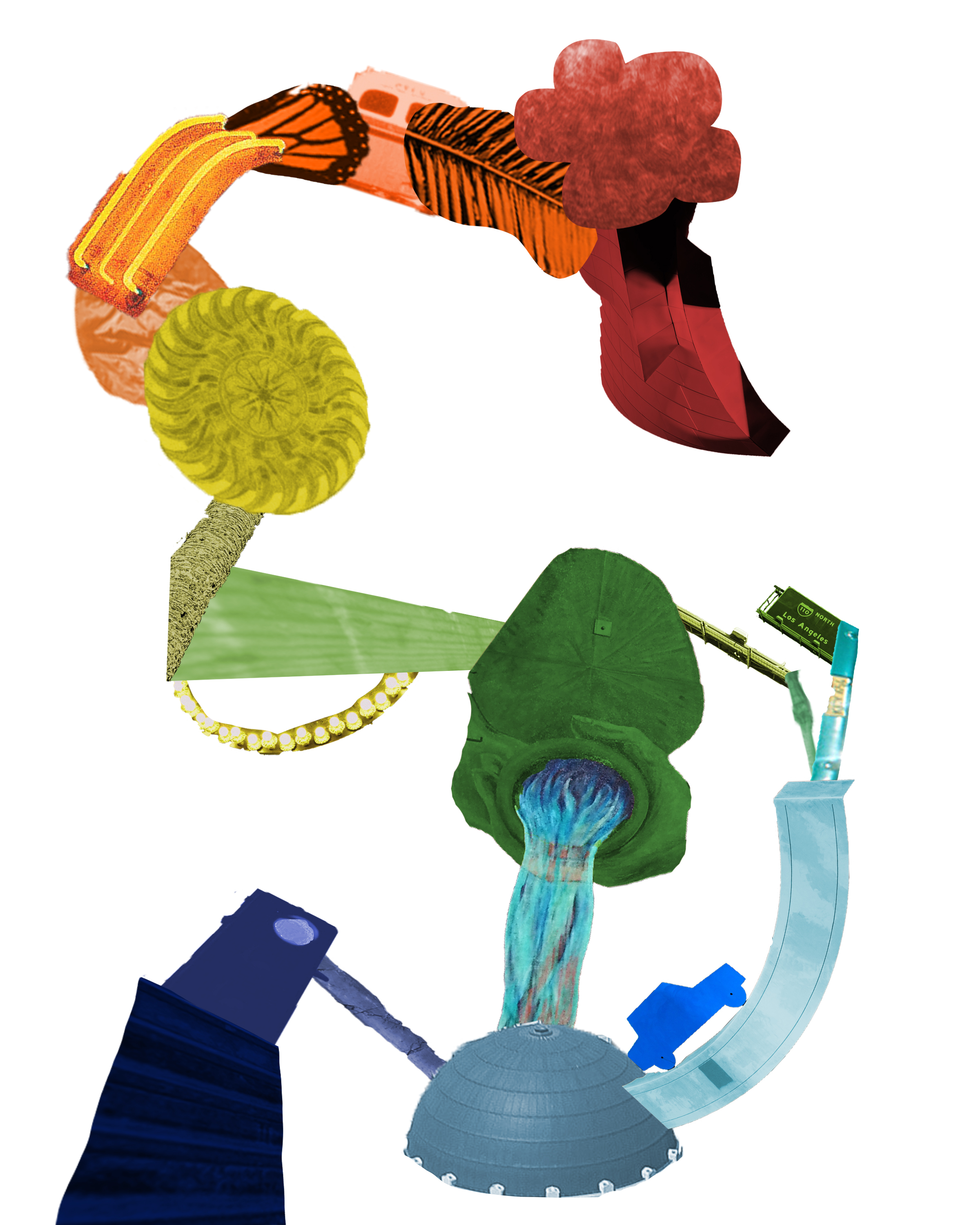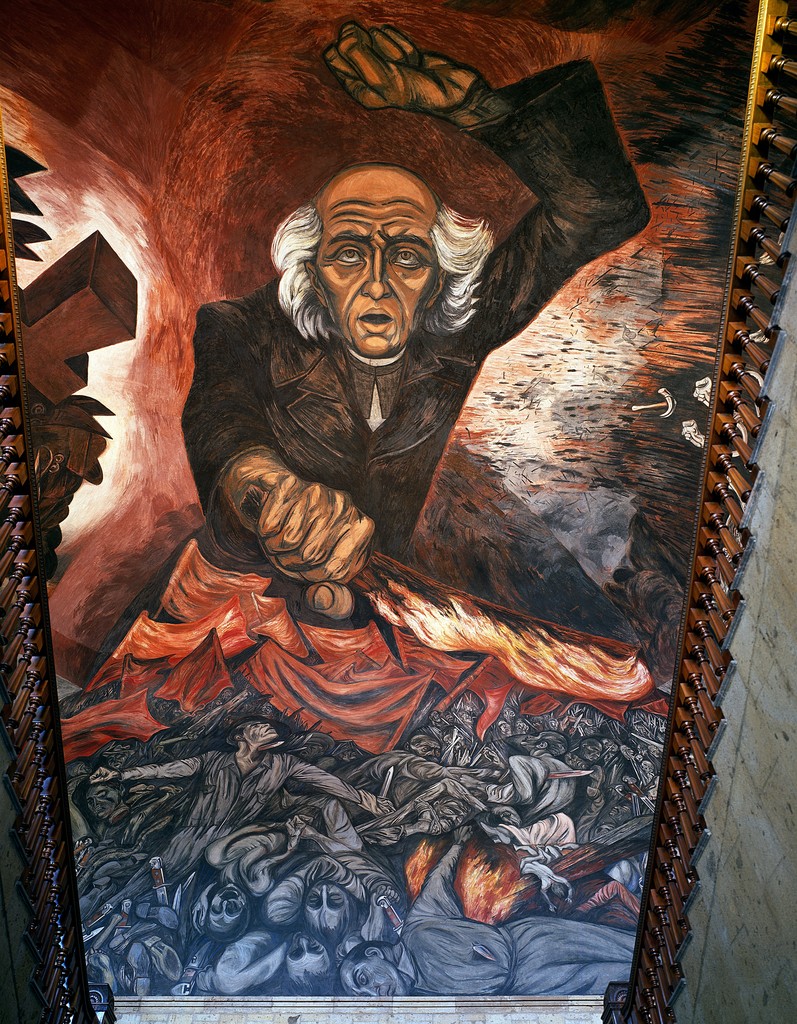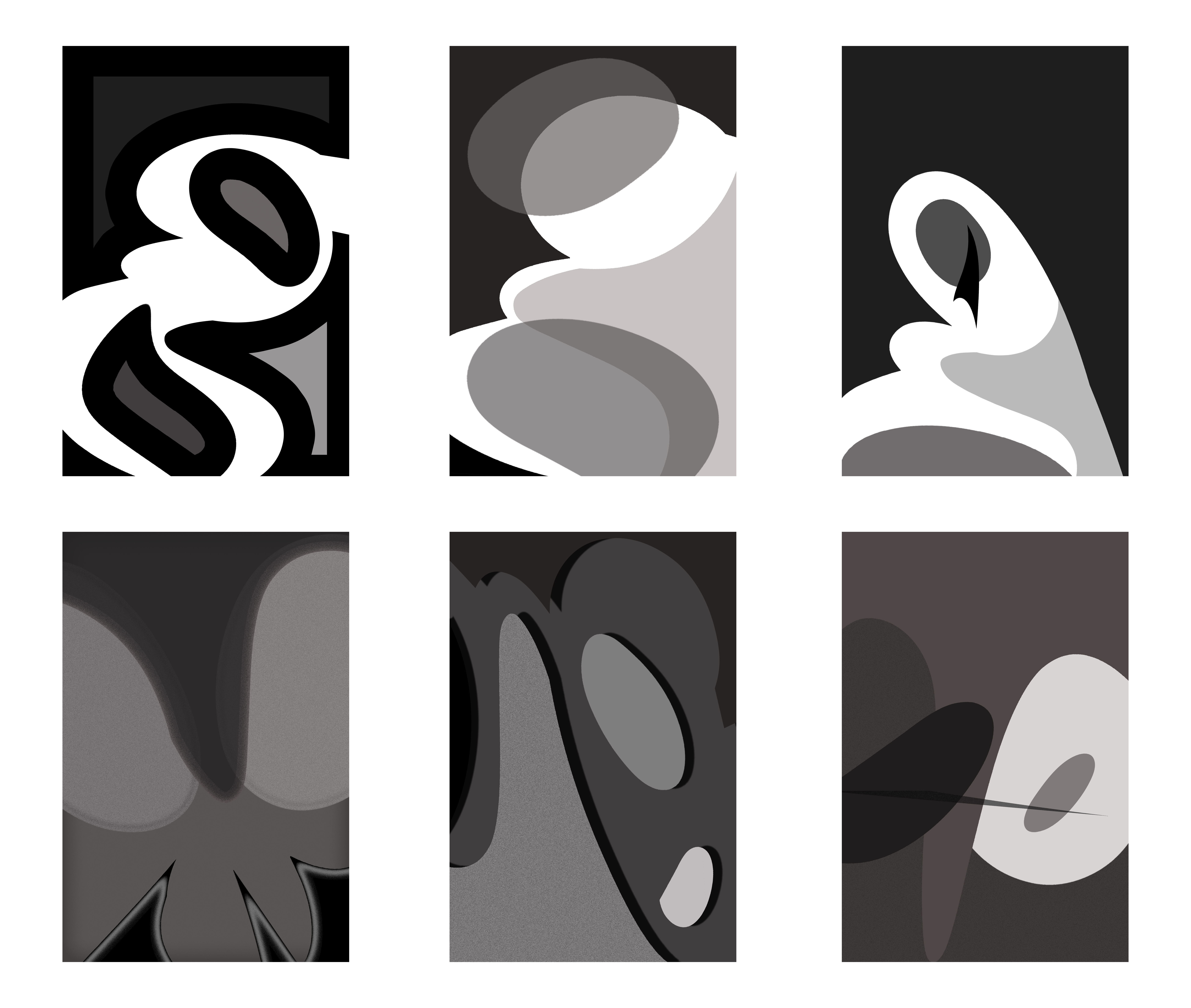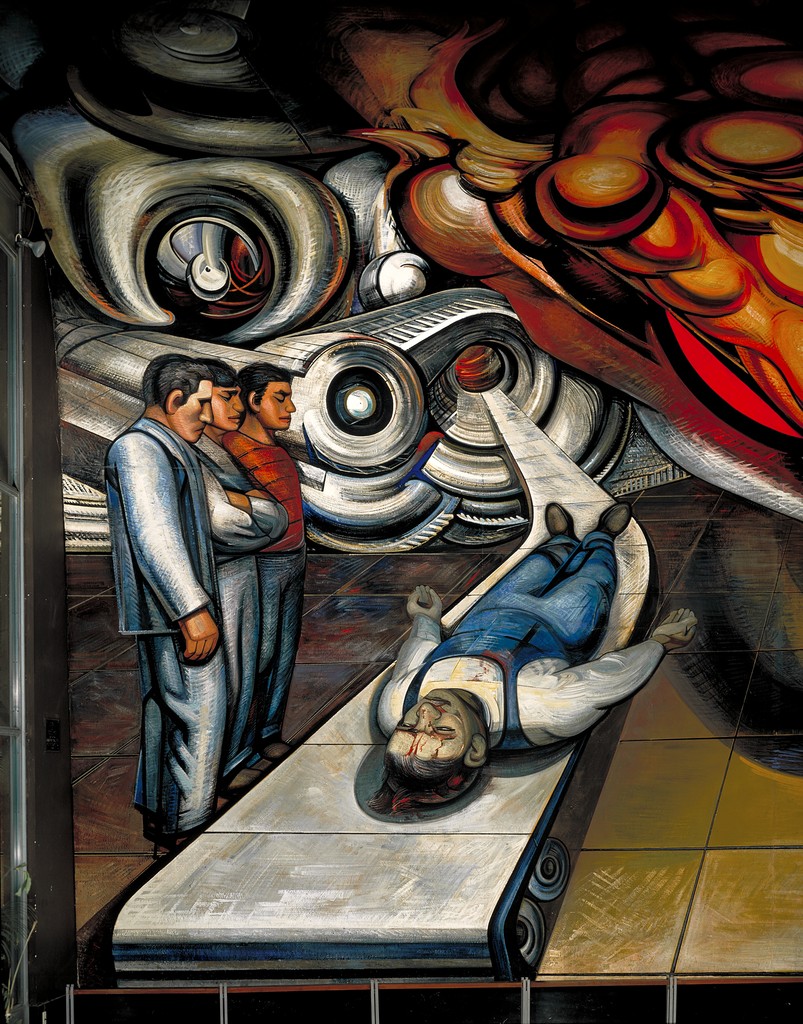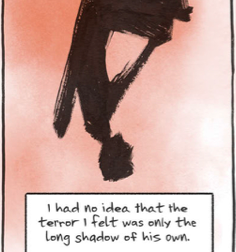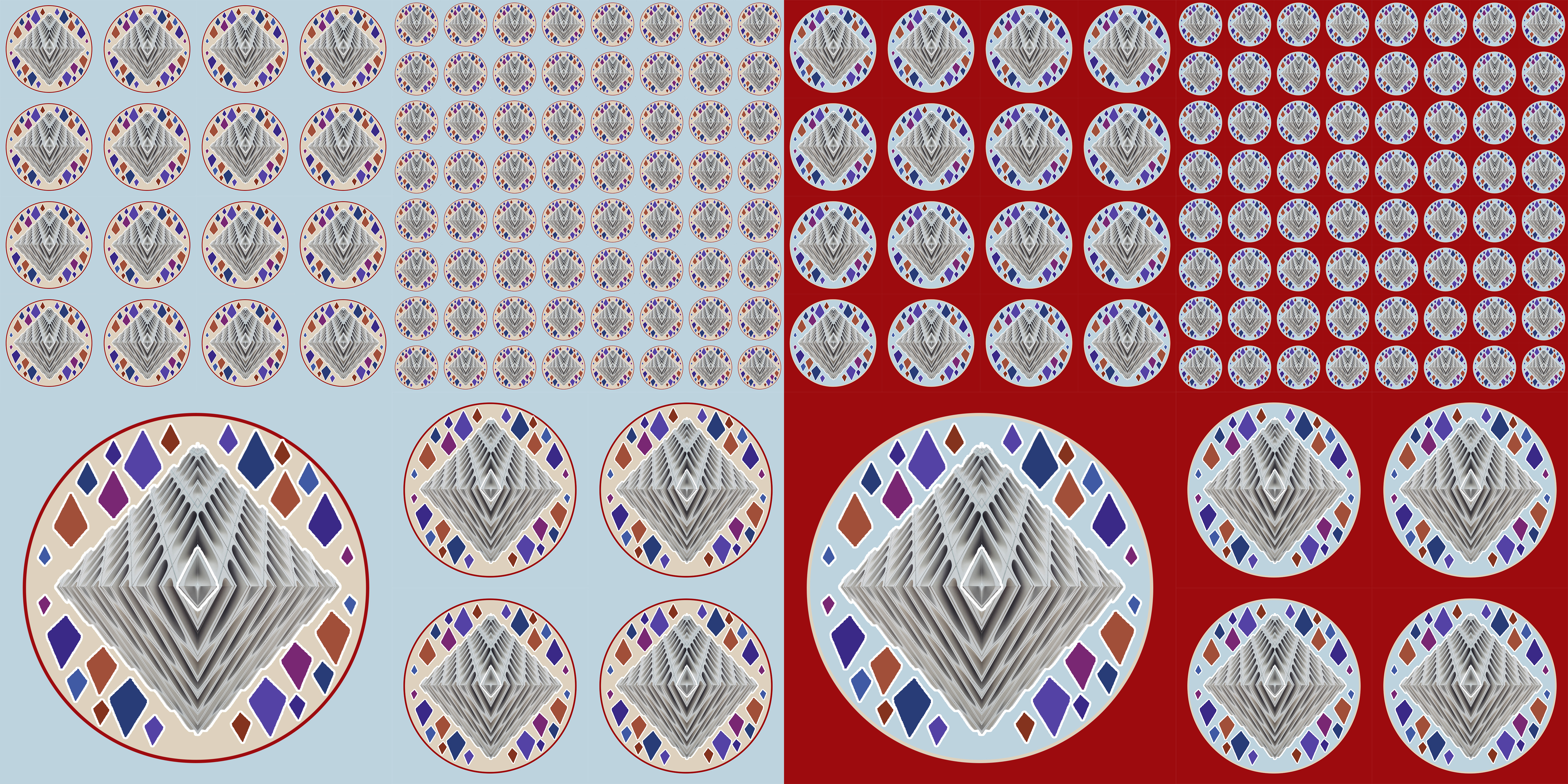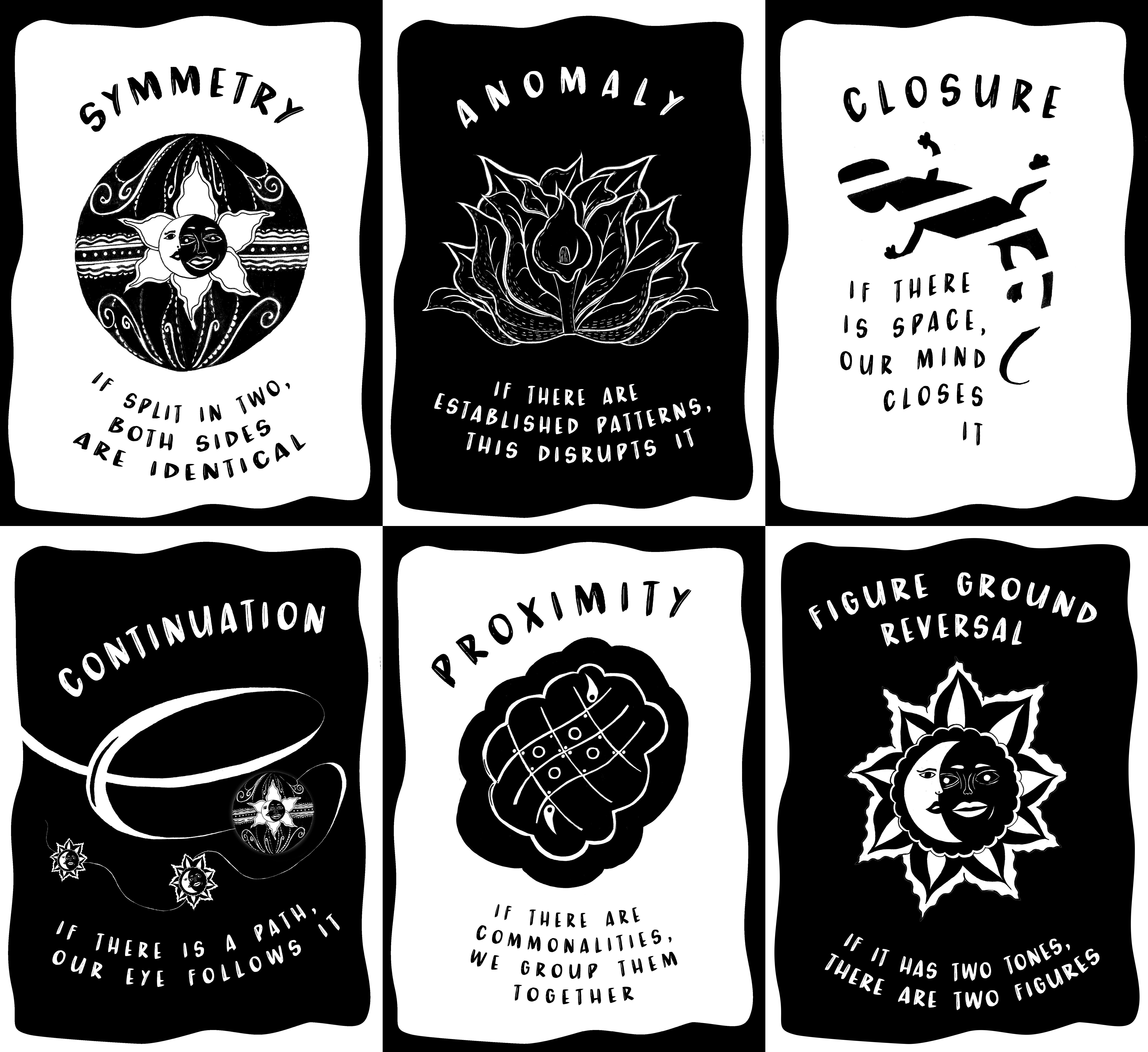This essay is the first of a series of analyzing graphic memoirs from my first year english course: The Craft of Writing with Professor Diedrick.
Marxist In Theory

When we were young, we were quite annoying. We bombard anyone who listens with our unrelated questions about the world. Often times, we find that there is no simple answer. In fact, most answers we heard as children contradicted themselves. Some Christians don’t always love their neighbor, the police don’t always protect us, and the law isn’t always fair. Marjane comes to a stark realization that her parents’ answers are also a contradiction in the fifth chapter of Persepolis, “The Letter.” First, she realizes that a joke about the Islamic Revolution has gone over her head. Marjane then decides to educate herself by reading several books. Her favorite author writes about the struggle of proletariats from a Marxist perspective. At the end of her research, she concludes that “the reason for [her] shame and the revolution is the same: the difference between social classes” (33). Then, to her dismay, she discovers that her family upholds class divisions in their daily lives. Not only does her family own a Cadillac, they also employ Mehri as their maid. Despite Marjane’s parents’ Marxist political beliefs, their ideas towards Mehri and her romance with their neighbor reveals their complacency regarding class divisions, which results in Marjane’s emotional alienation from her parents.
From the beginning of the memoir, Marjane’s parents actively participate in the demonstrations against the Shah. But, they aren’t demonstrating in favor of a theocracy, they’re demonstrating for a Marxist revolution. In the very first chapter “The Veil,” she shows Marxist values when she lists the reasons for wanting to be a prophet. She wants to achieve radical equality, which is identical to the outcomes of a Marxist revolution. After reading books about the revolution and Marxism, Marjane can finally articulate her shame for riding in her father’s Cadillac. She quickly begins to connect other ways that her family holds up class divisions: “now that I think of it … we have a maid at home!!!” (33). Her relationship with Mehri is sister-like, to the point where Mehri even claims to be her actual sister. Mehri falls in love with the boy next door, Hossein, he’s under the impression that she’s Marjane’s sister. But when Marjane’s father bursts his bubble he rejects Mehri completely, solely due to her class status. Her father’s intervention in Mehri’s love affair is a turning point for Marjane’s feelings about her parents. This event alienates her from her parents and results in an increase of empathy towards Mehri, “we were not in the same social class, but at least we were in the same bed” (37). She feels united with Mehri and for Marjane the revolution is now personal.
Throughout the chapter, Satrapi emphasizes Marjane’s and Mehri’s unity through her art. When we are first introduced to Mehri, Satrapi gives us a series of panels with Mehri and Marjane in the early stages of their lives. They grew up together, but Mehri doesn’t sit with Marjane at the table. When Marjane “wrote the letters for her, one each week for six months,” Satrapi uses a long panel to depict the large amount of time spent together. Satrapi illustrates curved elongated versions of Mehri and Marjane almost intertwining with each other. The black
background contrasting the figures (chiaroscuro) isolate the two in their own world and enhances the feeling of intimacy. They have a strong bond, but her family and Mehri do not. The inner family’s gossip made Marjane’s dad succumb to social pressures which led to the intervention. He did not stand up for Mehri’s right to love whom she wants. His lack of support for Mehri is mind-boggling for Marjane. He further reinforces class divisions when he sits Marjane down to “understand that their love was impossible … because in [their] country you must stay within your own social class” (37). Satrapi encapsulates Marjane’s frustration and shock with an iconic panel of Marjane’s face in distress and hands on her forehead.
Marjane was used to hanging on her parents’ every word, but their hypocrisy is met with disrespect. She knew she was not allowed to participate in the demonstrations against the Shah, but as an act of solidarity, she brought Mehri with her. This rebellion is due to her emotional attachment with Mehri in contrast to her parents. Even though Marjane thinks she’s in the right, Satrapi reminds us of Marjane’s naiveness by depicting Marjane and Mehri with wide smiling faces when they return from the protests. She is only 10, she doesn’t think about the real life repercussions that come with revolution. When her mom finds them, they both get a slap across the face. Not because Marjane stood up for Mehri, but because she went on one of the deadliest days. But despite her youth, Satrapi vividly captures Marjane’s understanding of classism, discrimination based off social class, in the last panel of the chapter. Marjane sits closely next to Mehri on the bed while Marjane’s mom’s iconic hand print is still on their face. Satrapi’s double entendre, “but in fact it was really our own who attacked us”, emphasizes the fact that her mother literally hit her and everyday people like her mom contribute to class division.
At the end of the day, our parents act in favor of our safety and well being. Marjane’s mother’s reaction came from a place of fear and worry not just for Marjane but for Mehri as well. Perhaps it’s safer to follow social norms, but the Satropi’s are middle class. They have good paying jobs that allow them to afford luxuries while Mehri’s family can hardly afford necessities let alone an education. Marjane’s family can afford to be complacent, but for families like Mehri’s, everyday is not guaranteed. They need a Marxist revolution where those who have nothing can achieve radical equality, something Marjane thought her parents were fighting for. Their hypocrisy results in their complex relationship with their maid Mehri , but Marjane’s relationship is emotionally secure despite social class : “we were not in the same social class but at least we were in the same bed” (37). In this way, Marjane’s allyship may be more Marxist than her own parents.
Works Cited
Canon, Ramsin, et al. “What It Means to Be a Marxist.” Jacobin, 12 Nov. 2018, www.jacobinmag.com/2018/12/marxism-socialism-class-struggle-materialism.
McCloud, Scott. Understanding Comics: The Invisible Art. HarperPerennial, 1994.
Satrapi, Marjane. The Complete Persepolis. Pantheon, 2004


